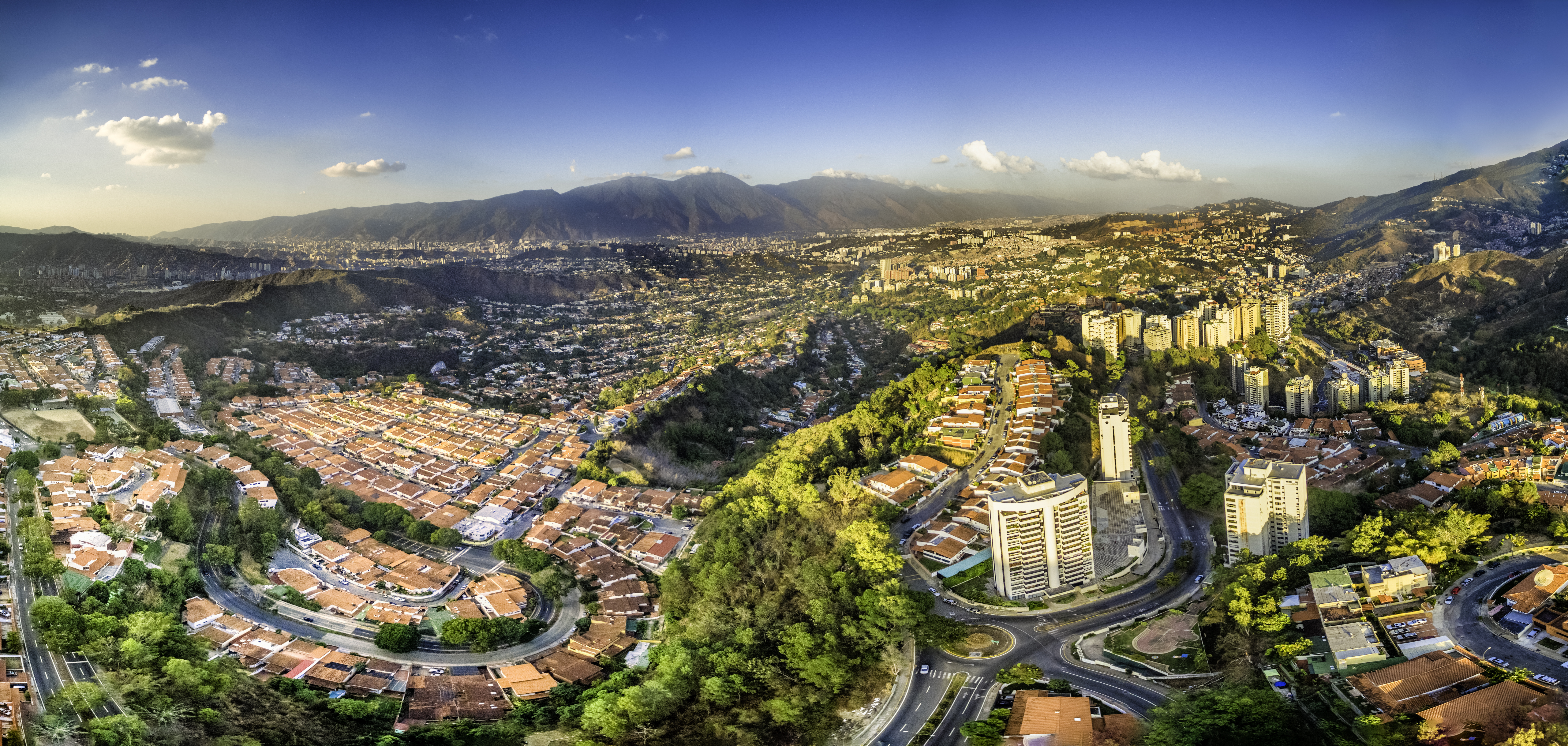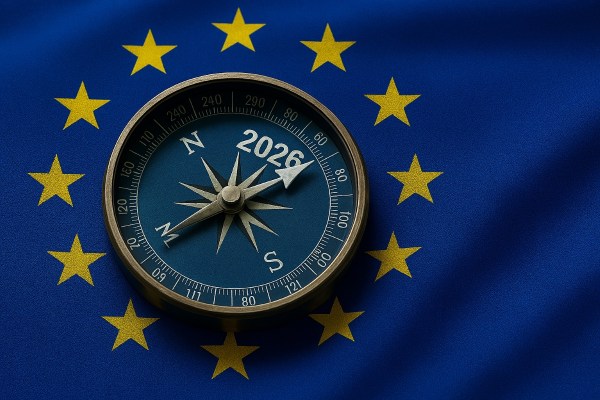
Last Friday in Washington The Council of the Americas, a think tank, gathered a number of experts in different fields to discuss the prospects for growth and sustainability in the Americas. Telefonica, with more than 70% of our 330 million customers living in the region, has been the leading investor for 20 years in the region.
Urbanization is one of the trends that define the region: Buenos Aires, Bogotá and Mexico City are among the world’s largest cities. The other defining trend is digitalization, a process that is enabled by Telecom operators, and specifically Telefónica´s long-term investment in the region. Enabled by connectivity, digitalization is transforming urban life.
Digitization and connectivity are critical to enhance digital lives everywhere. Digital services and at the cutting edge connectivity are the backbone of future developments in our cities and regions. The transformation and evolution of our cities will depend on the efforts made on these 2 fronts.
The number of network connections is exploding across the globe and the volume of data transmitted across telecoms networks is growing exponentially. IoT, sharing economy, big data and artificial intelligence are already a big part of many people’s lives.
Digital technologies are disrupting not only every industry and sector we know, but our societies as well. Today the largest hotel company (Airbnb) has no rooms in property, the most valued transport company owns no cars or trucks (Uber), millennial prefer BlaBlaCar for their short distance travels and Snapchat to chat and share pictures with their friends. For many of us this is a time of huge excitement and opportunity. But it is not only about technology.
Infrastructure alone does not automatically lead to growth and sustainability. It is the combination and balance of a range of social and economic factors that drive prosperity in the digital world. Telefónica developed its comprehensive Global Index on Digital Life in order to better understand this process. It is a tool to help understand the impact of digitalization and open debate about how digital life can be improved.
The Telefónica Index on Digital Life draws on 50 key performance indicators to evaluate the balance of digital life in 34 countries worldwide. These indicators are divided in three sub-pillars that build the Index score for each country. The three sub-pillars are: digital openness, digital confidence, and digital entrepreneurship.
Digital Openness means how easily citizens and businesses can harness the digital infrastructure that exists in the country. Digital Confidence is about the readiness of citizens and businesses to engage with digital infrastructure. Digital entrepreneurship evaluates the ability of the economy to bring benefits from digital infrastructure through innovation, entrepreneurship and in the end foster economic growth
The US tops the Index in absolute terms, but we were also interested in how countries performed relative to their wealth (GDP per capita). Countries that over-perform (relative to expectation according to GDP per capita) include Canada, UK, Colombia, Australia, US, Mexico, Chile, and South Africa. Colombia, Chile and Mexico are the top Latin American over performers. In fact, half of Latin American countries are above the global average of the countries examined. This is excellent news because digitization has strong relation to income growth: further investment in R&D could enable these countries to leapfrog faster and further.
Latin American countries perform best in Digital Entrepreneurship. In Chile, Mexico or Colombia, the results are quite close to countries with higher levels of income. The Startup Chile and CORFO initiatives have attracted entrepreneurs and established a thriving startup ecosystem. Also Telefonica Open Future through initiatives such as Wayra and Amerigo help in the development of these ecosystems.
Colombia ranks first in Digital Openness among its Latin American peers (relative to per capita GDP). According to the NGO Somos Defensores, the Internet is playing an increasingly important role in Colombian social movements.
Digital Confidence is a critical enabler of digital growth. The collection and analysis of data is enabling new services for citizens and organizations. It is transforming education, healthcare, transportation and many other aspects of daily life. Telefónica’s commitment is to a sustainable data business, committed to transparency, accountability, and citizen involvement. And to realizing the data opportunity in the service of our customers and the societies in which they live. In collaboration with other industries, citizens and governments, we believe Telefonica can use data to improve people’s lives, in Latin American and across the world.








